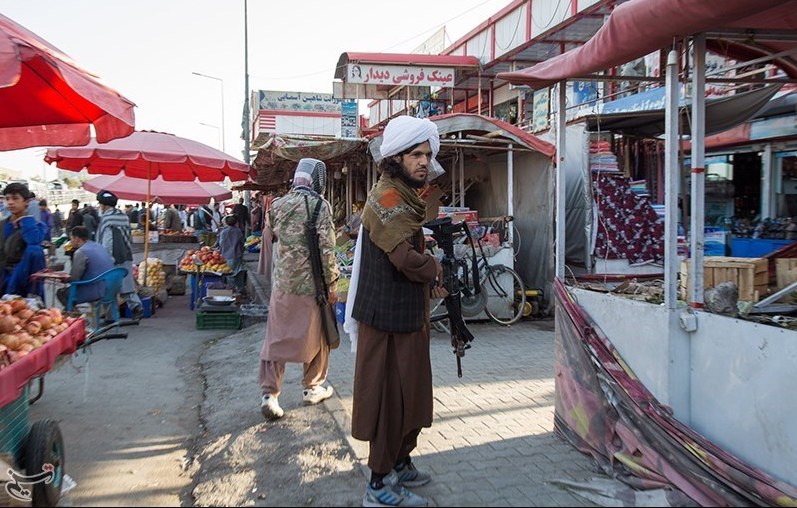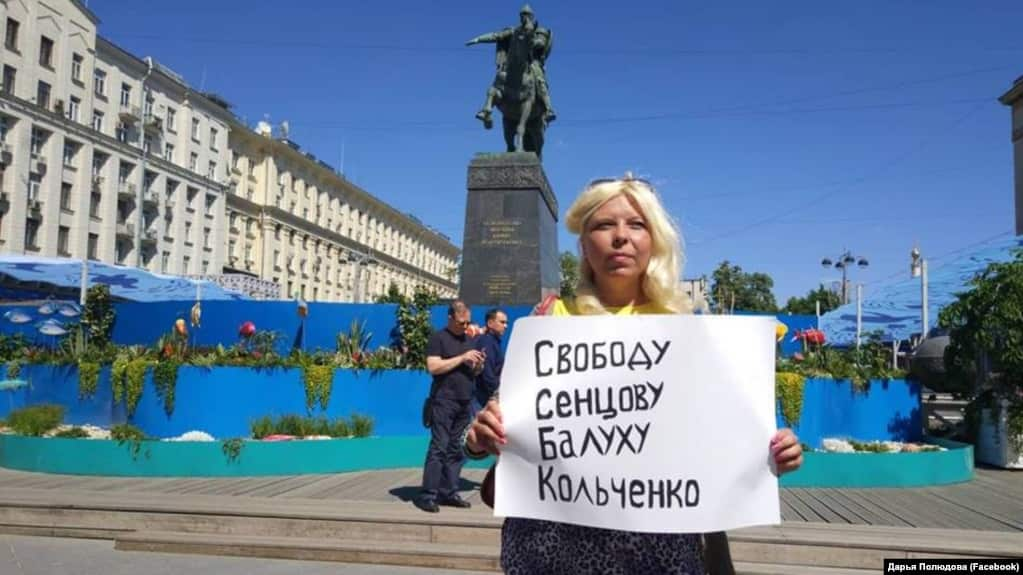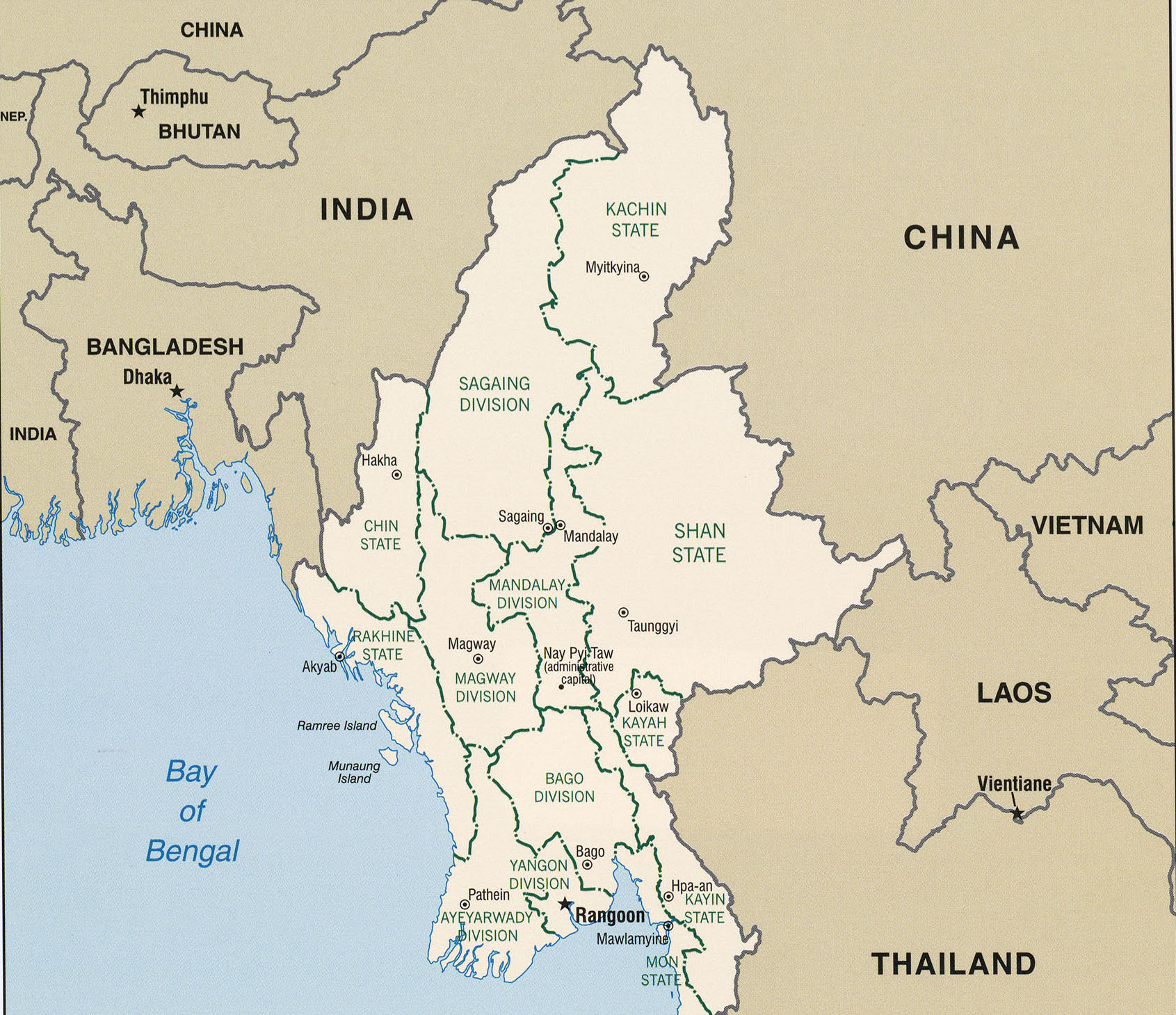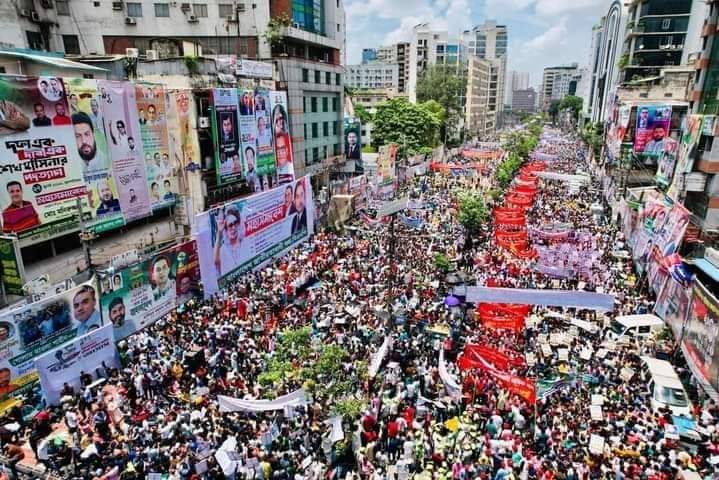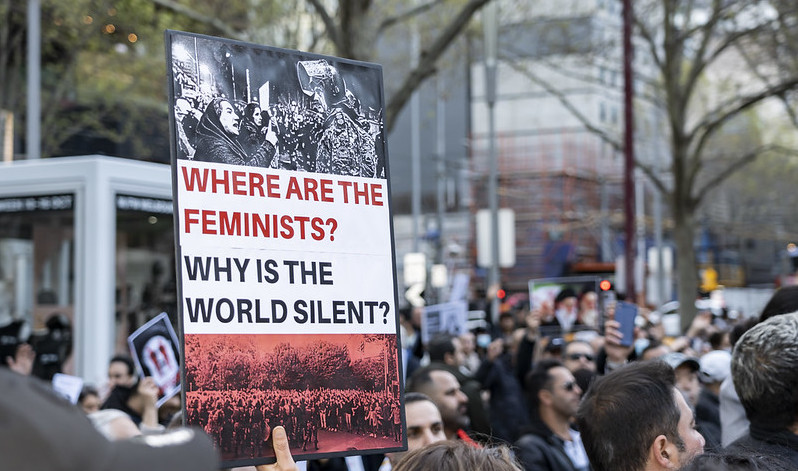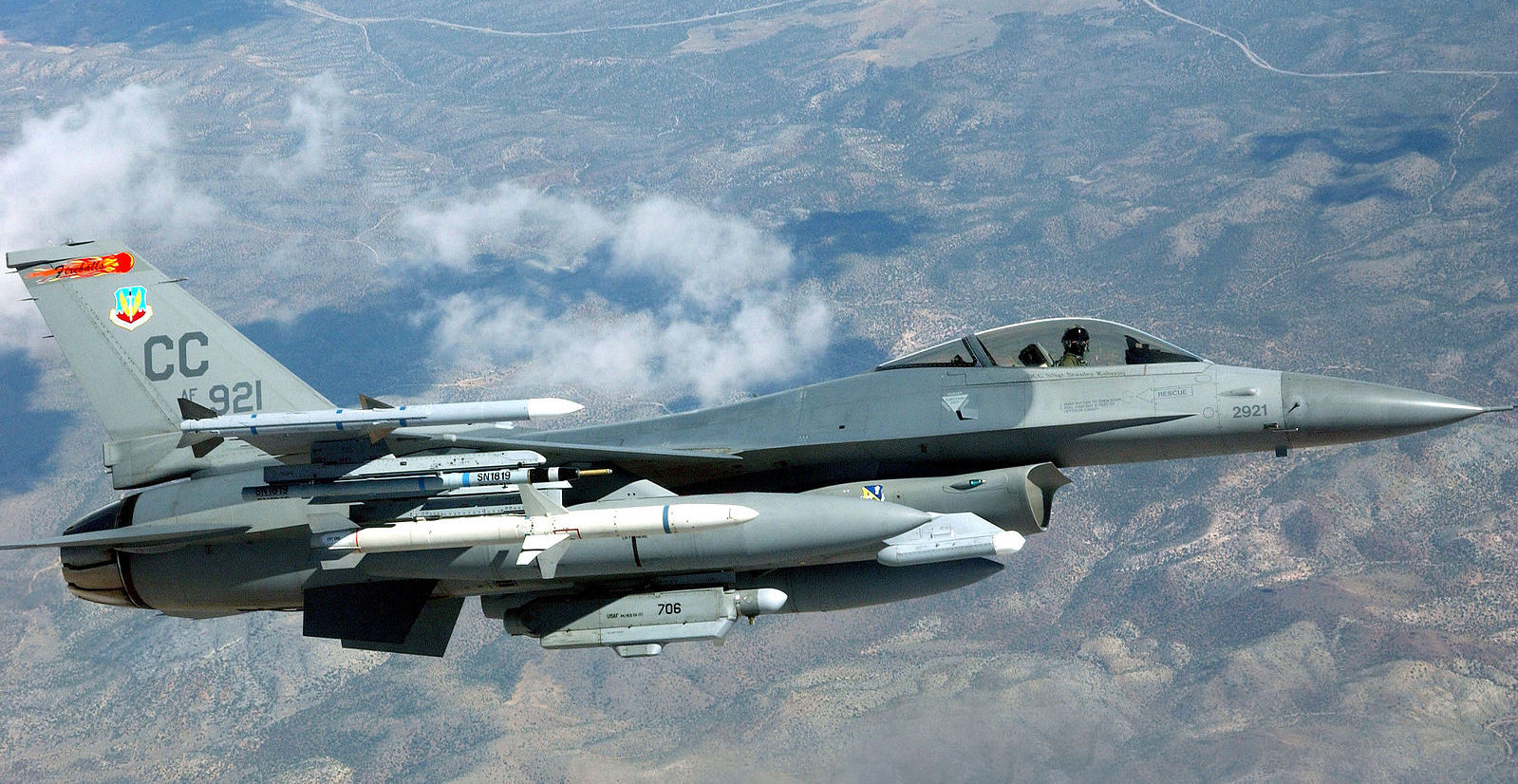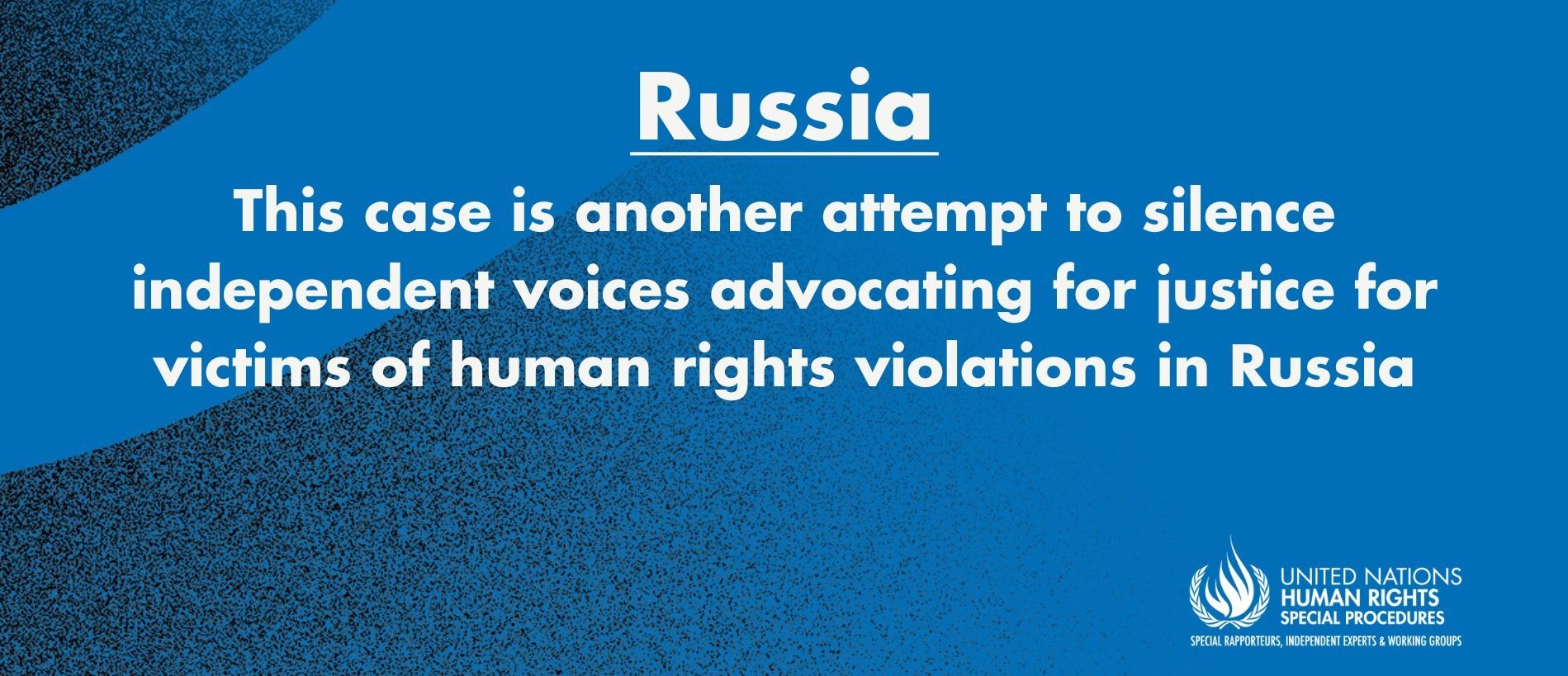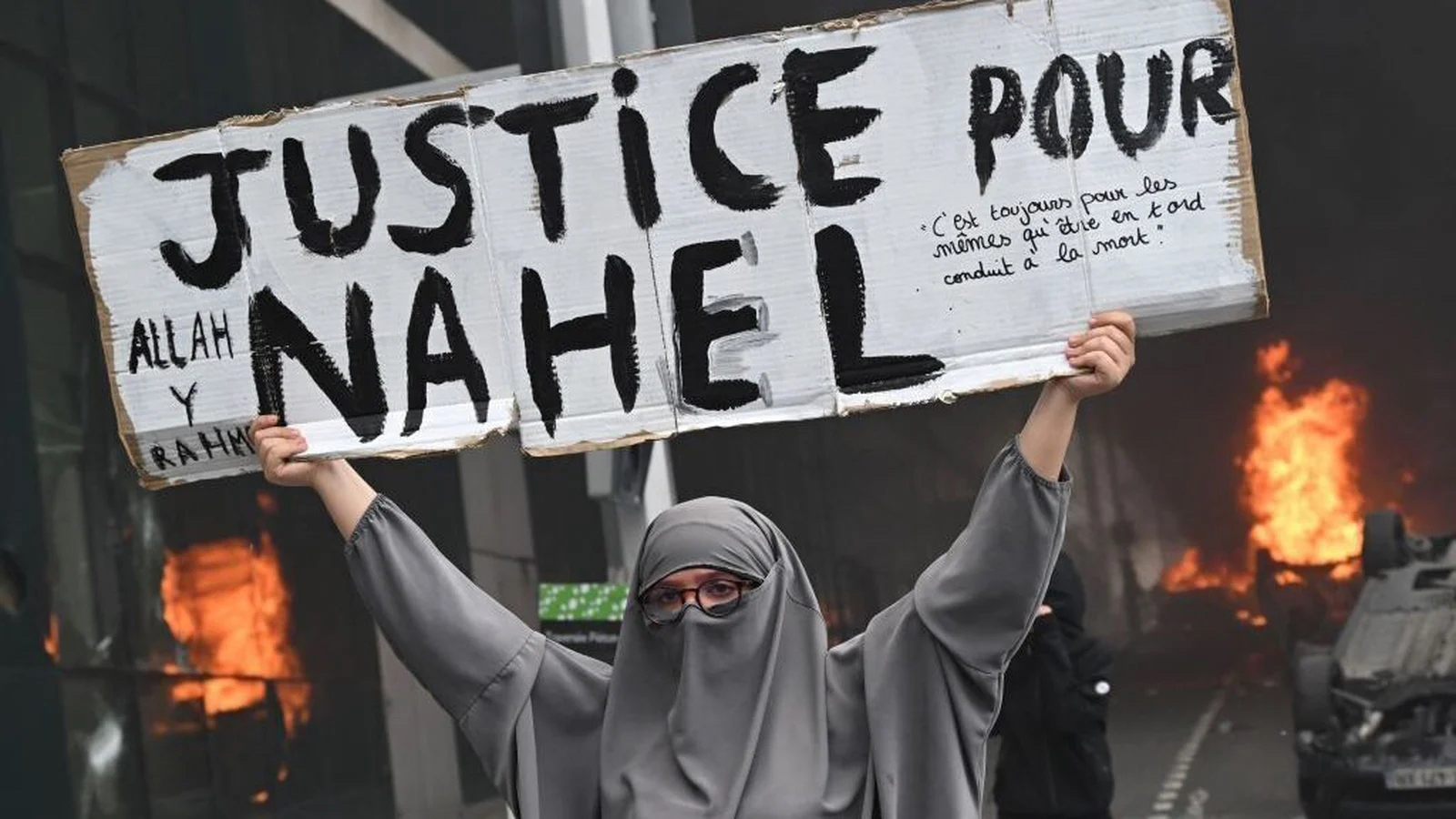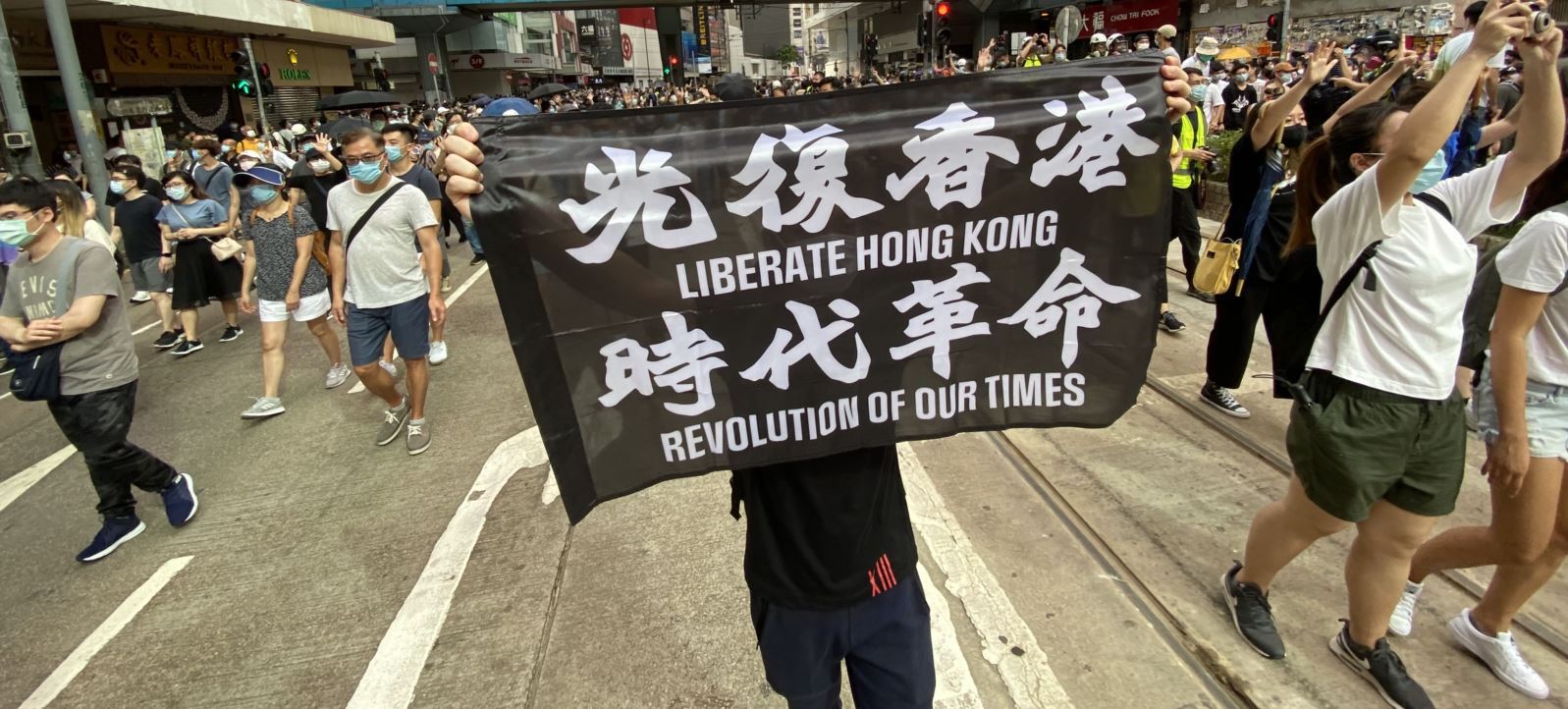
Hong Kong: protester convictions overturned
Seven high-profile democracy activists in Hong Kong had part of their sentences thrown out on appeal. They were convicted two years ago over a mass demonstration on Aug. 18, 2019 that drew an estimated 1.7 million people, in defiance of a ban on street protests. The Court of Appeal’s judgement found that just because they were at the front of the procession didn’t mean they had actually organized it. However, their convictions for taking part in the rally were upheld. Martin Lee, Margaret Ng and Albert Ho were given suspended sentences or credit for time served, and were released. But Jimmy Lai, Leung Kwok-hung, Cyd Ho and Lee Cheuk-yan remained in custody, as they also face charges under the National Security Law. (Photo: Iris Wong/Wikimedia)



